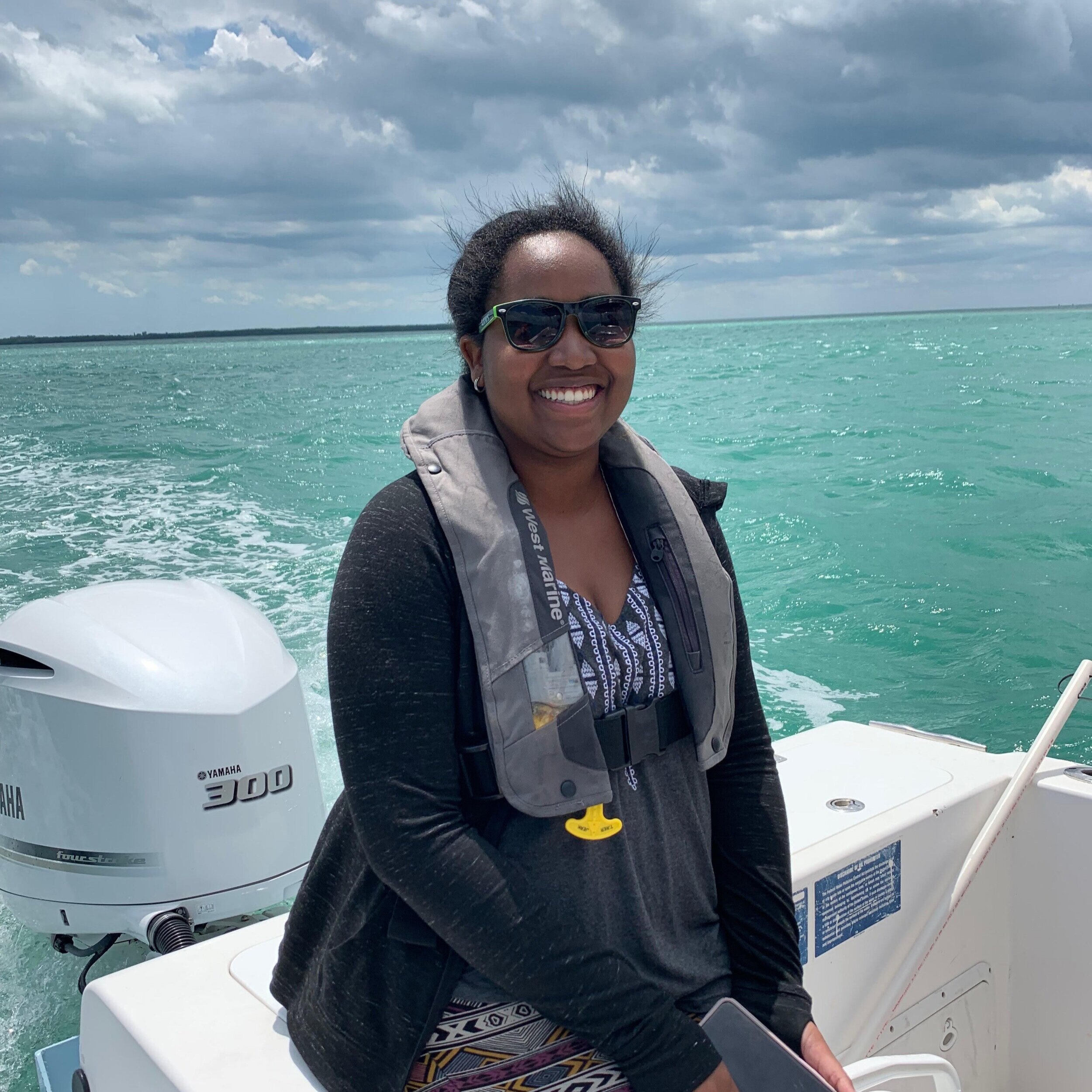Throwing it All Away: How United States Preemption Laws Undermine Plastic Pollution Progress
by Monique Paul
Plastic pollution is one of the biggest problems facing the marine environment today. Plastic waste can often be found as litter along the side of the road or places where people gather like the beach. Even when disposed of properly, some plastic, like carryout bags and straws can be transported by the wind and often ends up in the nearest body of water. Plastic isn’t biodegradable, so when it enters the ocean it doesn’t disappear, it only breaks down into smaller pieces called microplastics. Marine animals can ingest plastic debris thinking that it’s prey and can suffocate as their bellies fill with plastic instead of actual food. Animals can also become entangled in larger plastic debris. Burning plastic releases carbon dioxide into the atmosphere, which contributes to climate change.
Plastic pollution as an issue is well known, and many countries and states have done their part to reduce the amount of plastic waste going into the world’s oceans. In America, states like California have enacted state-wide plastic bag bans on thin plastic bags and a $0.10 fee for all other carryout bags. Washington D.C., the city of Chicago, and New York are among other places with bag bans and fees. Plastic bag bans are trickier than fees, because plastic companies and corporations will just begin distributing bags that are slightly thicker than the bags that have been banned. With fees, though, it doesn’t matter what kind of bag you take out of a store. If it is a single-use bag, there is a fee. The idea is that if someone stops to think about if they have to pay for a bag, they might also think about if they really need the bag and decided they don’t. In cities where bag fees have been enacted, there has been a significant reduction in the number of bags taken from stores, thus reducing the amount of plastic that becomes pollution later on.
Naturally, the plastics industry was not keen on people using less plastic, so they spent millions of dollars fighting back against the movement to reduce plastic pollution. Their most successful tactic in the United States has been something called state preemption. Preemption basically means that local governments are prohibited from regulating a particular substance, which, in this case, would be plastics such as carryout containers, plastic bags, and straws. Some states with preemptions are Tennessee, North Dakota, Oklahoma, Wisconsin, Mississippi, Missouri and Florida. Florida was the first state to preempt local plastic bag bans/fees. Florida Statutes § 403.7033 states that “no local government, local governmental agency, or state government agency may enact any rule, regulation, or ordinance regarding use, disposition, sale, prohibition, restriction, or tax of such auxiliary containers, wrappings, or disposable plastic bags.” Despite this, some municipalities have done it anyway!
Three years ago, Coral Gables, a suburb of Miami, Florida, banned polystyrene containers. The Florida Retail Federation sued Coral Gables, claiming that the ordinance violated state law. The ordinance was allowed to stand, and so Coral Gables has moved forward with a plastic bag ban as well. Other towns and cities in Florida have been passing ordinances banning plastic bags regardless of it being preempted by the state. This shows that local governments are determined to be part of the solution and not exacerbate the plastic pollution problem.
Monique Paul speaking at a public comment period in Miami- sometimes being a Women in Ocean Science requires advocating for better policies to protect our ocean!
Personally, I think that global plastic pollution is a huge problem and that states preempting municipalities from creating local legislation to regulate plastics is harmful. I do think it’s important to be aware of just how much plastic you’re using in your everyday life. Do you really need that plastic bag? Could you get an environmentally-friendly alternative like reusable produce bags? I think bag fees are helpful in that they make people stop and think about whether or not they need that bag. State regulation is great for reducing plastic waste, but at the end of the day I think it’s also important to note that the plastics industry should be held accountable for their role in contributing to this global pollution issue.


